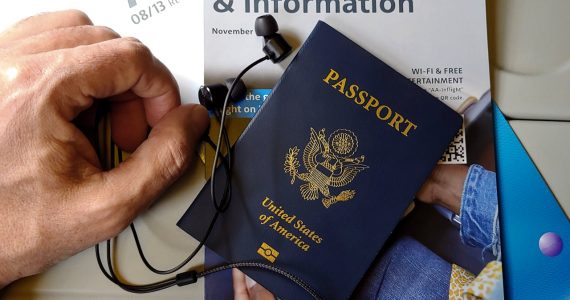Domestic battery violence is a serious crime which happens across all states and combines people of all racial, cultural and socioeconomic backgrounds.
Domestic battery violence happens when an individual in a certain relationship as has been defined under the state laws in Florida inflicts physical harm of some kind or issues threats that are criminal in nature.
Types of relationships covered under domestic battery violence in Florida
Within the state of Florida domestic battery violence rules are applicable to spouses, former spouses, individuals who are related by marriage or blood, individuals living together as a family, and individuals who were earlier residing together as family or co-parents.
Penalties in Florida for domestic battery violence
 Florida considers domestic battery violence as a first-degree misdemeanor. It, therefore, includes penalties of up to one year in jail or probation of 12 months and a fine which can be in the region of $1000.
Florida considers domestic battery violence as a first-degree misdemeanor. It, therefore, includes penalties of up to one year in jail or probation of 12 months and a fine which can be in the region of $1000.
Apart from these basic penalties for all charges of first-degree misdemeanor in the state of Florida convicted individuals also face additional mandatory penalties which have been stipulated by the law and includes an intervention program of 26 weeks for the convict, probation of 12 months, five days incarceration if bodily injury has been inflicted on the victim, community service, certain civil liberties being curtailed and the imposition of an order of no contact.
What is considered as prohibited conduct in domestic battery violence?
The prosecution is required to prove beyond a reasonable doubt after establishing that the victim and the defendant are either considered as a family or household members that the defendant intentionally touched or struck the family member without consent or caused harm to the person intentionally.
How to defend against domestic better violence charges?
Individuals accused of domestic battery violence charges may defend themselves by putting forward different types of defense plans. They can argue that the other person struck him or her initially and thereby make counter arguments of self-defense. They can also claim they were defending others or just standing their ground because these are also considered plausible defenses.
Unfortunately, it is pretty common among alleged victims of domestic battery violence either to exaggerate or fabricate the claims they are making with the sole intention of gaining an advantage over the defendant in some way and this is especially true when child custody hearings are also expected.
Getting the charges of domestic battery violence dropped or reduced is a possibility if a criminal defense attorney is hired early in the case. It also gives across an impression that the defendant intends to fight the case and will not plead guilty just because charges have been brought against him or her.
It puts an additional burden on the prosecutor by increasing his or her workload and commitment that they may have to prove the charges against the defendant.
Moreover, a criminal defense attorney involved with the case can make contact with the prosecution and raise possible defenses while also disputing facts and present mitigating circumstances which may impact the decision of the prosecutor about whether to go ahead with the case or not after the information has been provided.
Domestic battery violence defendants cannot contact the victim
Defendants in a case of domestic battery violence will have a no contact order imposed upon them by the courts and will prohibit them from making any contact with the victim. If any contact is made by the defendant he or she may be liable for additional penalties which will be imposed.
However, a criminal defense attorney who is representing the defendant may contact the victim to determine if he or she wants to pursue the charges or withdraw the case. They can also provide information about how the victim can drop the charges if the individual intends to do so. The victim will also be required to take the steps needed to modify the no contact order if they decide on dropping the charges.
The state of Florida considers domestic battery violence as a serious misdemeanor and the defendant in all cases is required to abide by the orders of the court. The charges will not be forgiven unless the victim agrees to drop them and seeks a modification of the no contact order which had been imposed.




